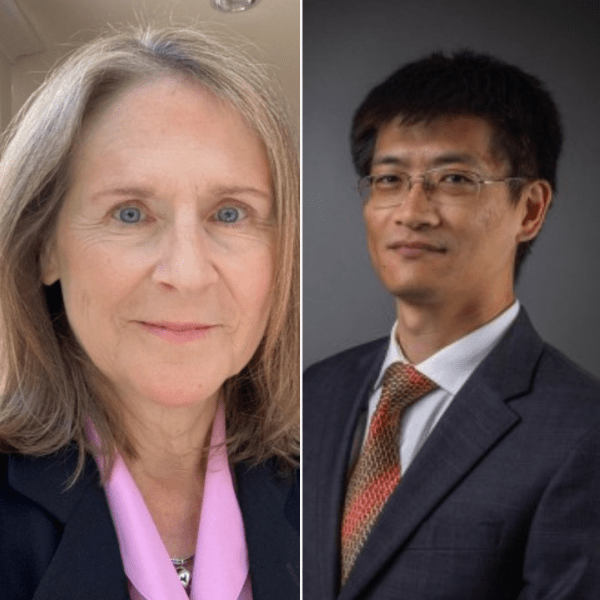GVPT Alum Kainan Gao and Professor Margaret Pearson Publishes New Article on Military Parades and Memory Wars
Department of Government & Politics alumnus Kainan Gao and Professor Margaret Pearson have co-authored a new article in the Brookings Institution examining how China and Russia use military parades not just to display strength, but to reshape the way history is remembered and international order is understood.
The authors argue that both the People’s Republic of China (PRC) and Russia treat history as a political resource. Their elaborate parades highlight World War II sacrifices—Russia with iconic T-34 tanks on Victory Day, and China with veterans marching through Tiananmen Square—to push back against Western-centered narratives of the Allied victory. Gao and Pearson describe this as part of an ongoing “memory war.”
According to the piece, these commemorations serve three major purposes:
Elevating contributions: Both nations emphasize their decisive wartime sacrifices to claim a larger share of global recognition.
Reasserting legal and moral authority: By invoking the Cairo Declaration (1943) and Potsdam Proclamation (1945), China argues these documents—not the U.S.-backed 1951 San Francisco Peace Treaty—form the rightful foundation of the postwar order and legitimize Beijing’s claims over Taiwan and disputed maritime territories.
Challenging the liberal order: Russia and China present themselves as defenders of a “postwar order,” contrasting it with what they view as a Western-dominated “liberal international order.”
Gao and Pearson conclude that these memory politics are more than pageantry or propaganda—they are active efforts to rewrite the global story of WWII in ways that justify contemporary strategic ambitions and challenge U.S. influence.
Published on Tue, 09/02/2025 - 16:51


